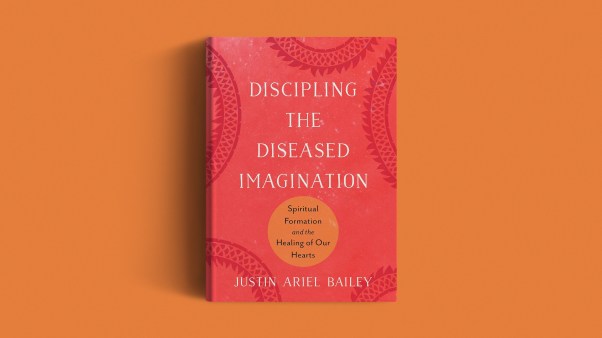When Martin Luther married, neither he nor his bride, Katherine von Bora, felt “in love.” Katherine was still getting over a broken engagement to a man she truly loved. And Martin admitted, “I am not ‘in love’ or burning with desire.” Yet their love for each other blossomed throughout their 20-year marriage.
Luther knew most of the New Testament and large sections of the Old Testament by memory.
Nearly everyone noticed Luther’s remarkable eyes. One of his students described Martin Luther’s “deep black eyes and brows, sparkling and burning like stars, so that one could hardly bear looking at them.” One of Luther’s enemies said his eyes were “unusually penetrating and unbelievably sparkling, as one finds them now and then in those that are possessed.”
Luther’s German translation of the Bible had more influence upon the German language than the King James Version had on English. Though almost 460 years old, Luther’s translation is still sold and read widely.
Martin Luther has been called “one of the greatest preachers of all time,” yet he became deeply discouraged with his congregation. Despite his admonitions and instruction, Luther felt, his people remained godless. “It annoys me to keep preaching to you,” he said, and in 1530, he actually went on strike and refused to preach for a time.
In 1527, a terrible plague struck Wittenberg, and virtually all of Luther’s students fled for their lives. The elector (prince) begged Luther to leave town also, but Luther felt pastors should stay and help the afflicted. Because he and Katherine took in so many sick and dying people, their house had to be quarantined even after the plague ended.
Luther was so generous he was sometimes taken advantage of. In 1541, a transient woman, allegedly a runaway nun, came to their home. Martin and Katherine fed and housed her, only to discover she had lied and stolen. Yet Luther believed no one would become poor by practicing charity. “God divided the hand into fingers so that money would slip through,” he said.
Even on his wedding night, Luther couldn’t refuse a person in need. At 11 p.m., after all the guests had left, radical reformer Andreas Karlstadt knocked at the door. Largely because Luther fiercely opposed him, Karlstadt had fled town. But now, when Karlstadt was fleeing the Peasants’ War and needed shelter, Luther took him in.
Luther made singing a central part of Protestant worship. In his German Mass of 1526, he dispensed with the choir and assigned all singing to the congregation. He would often call congregational rehearsals during the week so the people could learn new hymns.
Luther was convinced he lived in the last days. In the foreword to his translation of Daniel, he identified the Antichrist of Daniel 11 as the papacy; the “small horn” of Daniel 7 was the invading Turks.
Luther enjoyed beer and wine as God’s good gifts. He had a mug with three rings. The first, he said, represented the Ten Commandments, the second the Apostles’ Creed, and the third the Lord’s Prayer. Luther was amused he could drain the mug of wine through the Lord’s Prayer though a friend could not get beyond the Ten Commandments. But Luther is never recorded to have gotten drunk.
Luther and his fellow reformers in Wittenberg took religious education seriously. Here, for example, are worship services and sermon texts during one week:
Sunday, 5 a.m.—Pauline Epistles
Sunday, 9 a.m.—The Gospels
Sunday afternoon—The Catechism
Monday and Tuesday—The Catechism
Wednesday—The Gospel of Matthew
Thursday and Friday—The Epistles
Saturday—The Gospel of John
Though the preaching load was shared, Luther often spoke at all Sunday services.
Luther said he would be glad for all his works to perish except “On the Bondage of the Will,” which emphasizes people’s inability to save themselves, and his “Small Catechism,” which explains the faith to children.
Mark Galli is associate editor of Christian History.
Copyright © 1993 by the author or Christianity Today/Christian History magazine.Click here for reprint information on Christian History.










